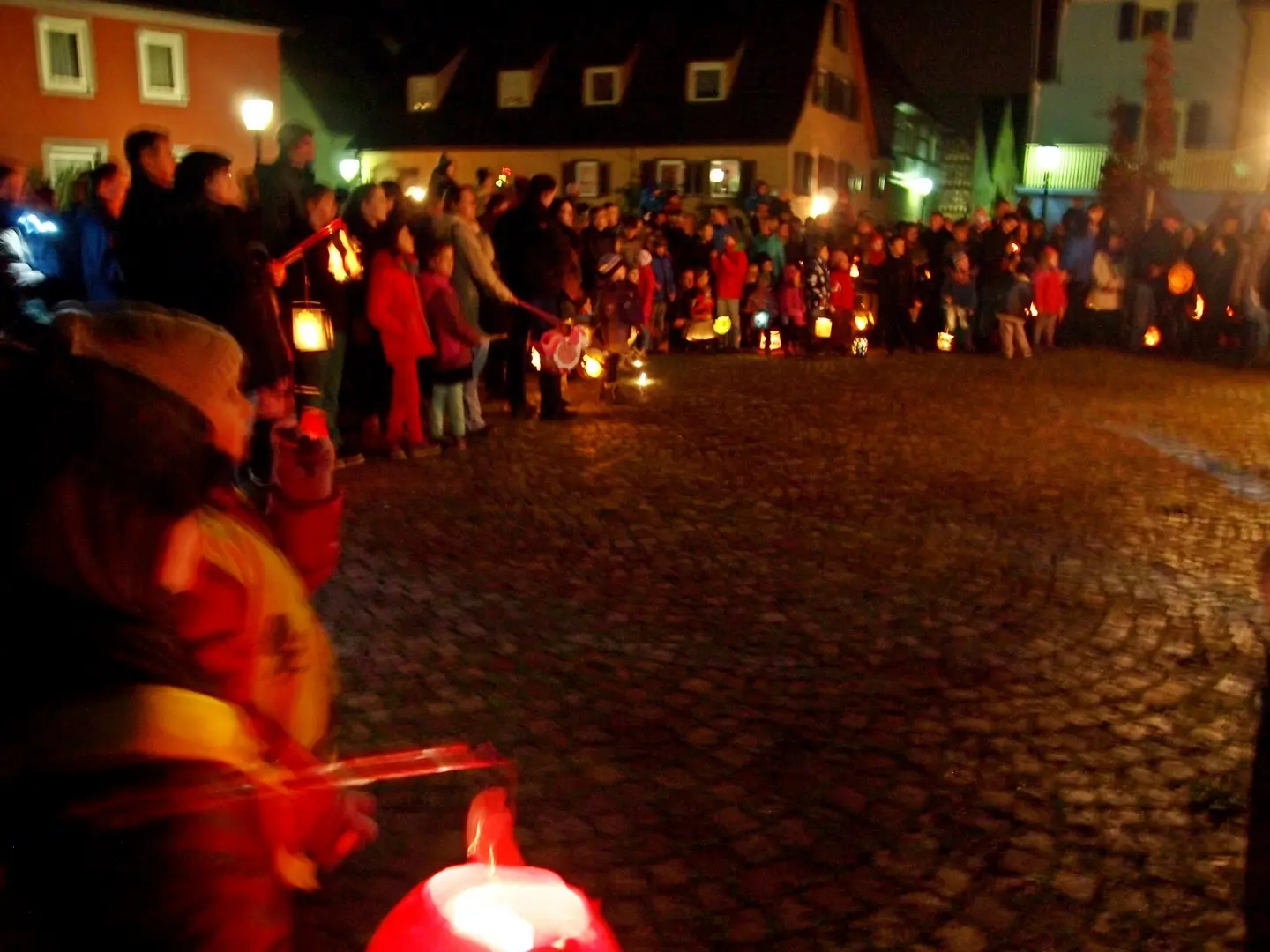Last Updated on May 2, 2023
There are a little questions about traditions and religion in Germany in the Leben in Deutschland test.
All posts about #Leben in Deutschland test
Part 1, Part 2, Part 3-1, Part 3-2, Part 4, Part 5-1, Part 5-2
Part 6, Part 7, Part 8, Part 9, Part 10
About Deutschtest für Zuwanderer
Stumbling blocks
Holidays
Most holidays in Germany are church and traditional, not political. The exception are October 3 – the Reunification of Germany and May 1 – Labor Day.
Different regions have a different number of holidays. For example only Baden-Württemberg, Sachsen-Anhalt und Bavaria have Heilige Drei Könige 6.01. Und only Berlin has Internationaler Frauentag 8.03. It depends on where there are many Catholics.
Winter holidays
To Christmas (Weihnachten) belongs also Advent – four weeks before Christmas with Christmas markets, Christmas songs, Christmas baking and mulled wine.
Read about Christmas time in Germany.
Karnaval (Fasching, Fastnacht) – significant festival on Rhine and in Baden-Württemberg. To Fasching belong masks and processions (Umzug), fat baking – Krapfen and Berliner. Main day for Karnaval – Rosenmontag – last Monday before Easter fast. But different cities may celebrate on different days.
Read about carnival in Germany
Carnival vocabulary
Spring and Juni holidays
Next holiday – Easter (Ostern). The most known tradition is painting, finding and rolling (rolling – especialy in East Germany, by Sorbs) colorful eggs.
On May or Juny come Pentecost – Pfingsten. Processions are held in Catholic regions.
German holidays in April, May, Juny. Ostern, Maifest and Fronleichnam and others between
Autumn holidays
The most important for the families is Saint Martin Day.
Read about Saint Martin Day and Laternen
Young people celebrate also Helloween as a party.
What does 3rd Oktober mean – you can read in the part about German history after the War.
Religion
There are also some questions about religion. The main things about it:
- one can choose religion in Germany voluntary
- Germany aims for a toleranсе towards all religions
- in some regions there are religion lessons in schools that the student can replace with ethics lessons (in secondary school) or not attend (in elementary school)
- some church take a church tax, which should be indicated in the tax return.
Read about tax return – #steuererklaerung
Questions
264. Zu welchem Fest tragen Menschen in Deutschland bunte Kostüme und Masken?
– am Rosenmontag
– am Maifeiertag
– beim Oktoberfest
– an Pfingsten
On which holiday do people wear colorful costumes and masks? (1)
271. Was ist in Deutschland ein Brauch zu Weihnachten?
– bunte Eier verstecken (hide colored eggs)
– einen Tannenbaum schmücken (decorate a Christmas tree)
– sich mit Masken und Kostümen verkleiden (dress up with masks and costumes)
– Kürbisse vor die Tür stellen (Put pumpkins in front of the door)
What is a custom for Christmas in Germany? (2)
293. Was ist in Deutschland ein Brauch an Ostern?
– Kürbisse vor die Tür stellen
– einen Tannenbaum schmücken
– Eier bemalen
– Raketen in die Luft schießen
What is the custom for Easter? (3)
294. Pfingsten ist ein …
– christlicher Feiertag.
– deutscher Gedenktag.
– internationaler Trauertag.
– bayerischer Brauch.
Pentecost is… (1)
296. In Deutschland nennt man die letzten vier Wochen vor Weihnachten …
– den Buss- und Bettag.
– das Erntedankfest.
– die Adventszeit.
– Allerheiligen.
In Germany, the four weeks before Christmas are called … (3)
Follow me
291. Warum muss man in Deutschland bei der Steuererklärung aufschreiben, ob man zu einer Kirche gehört oder nicht? Weil …
– es eine Kirchensteuer gibt, die an die Einkommen- und Lohnsteuer geknüpft ist.
(there is a church tax that is linked to income tax)
– das für die Statistik in Deutschland wichtig ist.
– man mehr Steuern zahlen muss, wenn man nicht zu einer Kirche gehört.
(you have to pay more taxes if you don’t belong to a church.)
– die Kirche für die Steuererklärung verantwortlich ist.
(the church is responsible for filing tax returns.)
Why is it necessary in Germany to indicate in the tax return whether a person belongs to a religious community? Because… (1)
292. Die Menschen in Deutschland leben nach dem Grundsatz der religiösen Toleranz. Was bedeutet das?
– Es dürfen keine Moscheen gebaut werden. (Mosques are not allowed to be built.)
– Alle Menschen glauben an Gott. (All people believe in God.)
– Jeder kann glauben, was er möchte. (Everyone can believe what they want.)
– Der Staat entscheidet, an welchen Gott die Menschen glauben. (The state decides in which God people believe.)
People in Germany live according to the principle of religious tolerance. What does it mean? (3)
295. Welche Religion hat die europäische und deutsche Kultur geprägt?
– der Hinduismus
– das Christentum
– der Buddhismus
– der Islam
Which religion corresponds to European and German culture?(2)
All posts about Orientierungstest (Test Leben in Deutschland) – #orientierungstest
Do you enjoy the site without cookies and maybe without ads? This means that I work for you at my own expense.
Perhaps you would like to support my work here.
Or Cookie settings change: round sign bottom left

